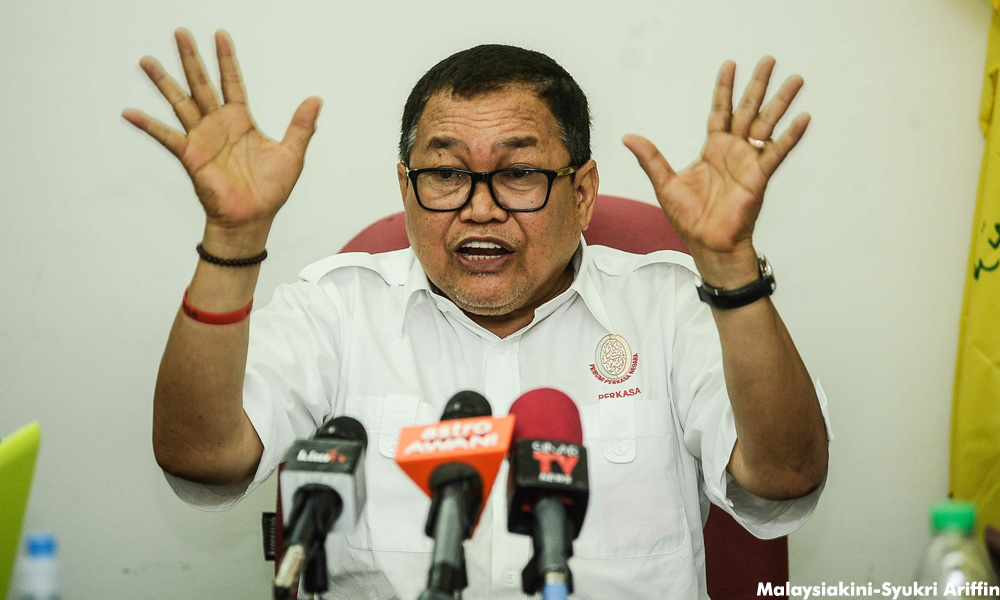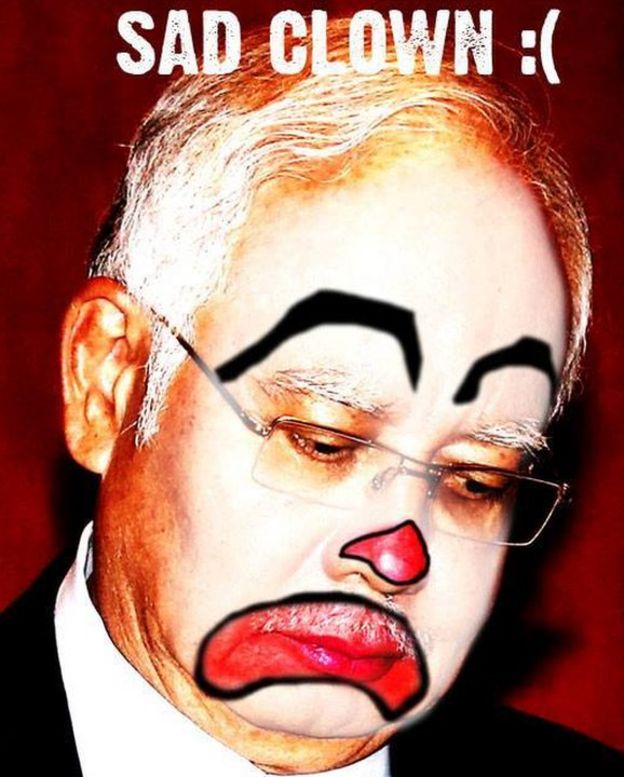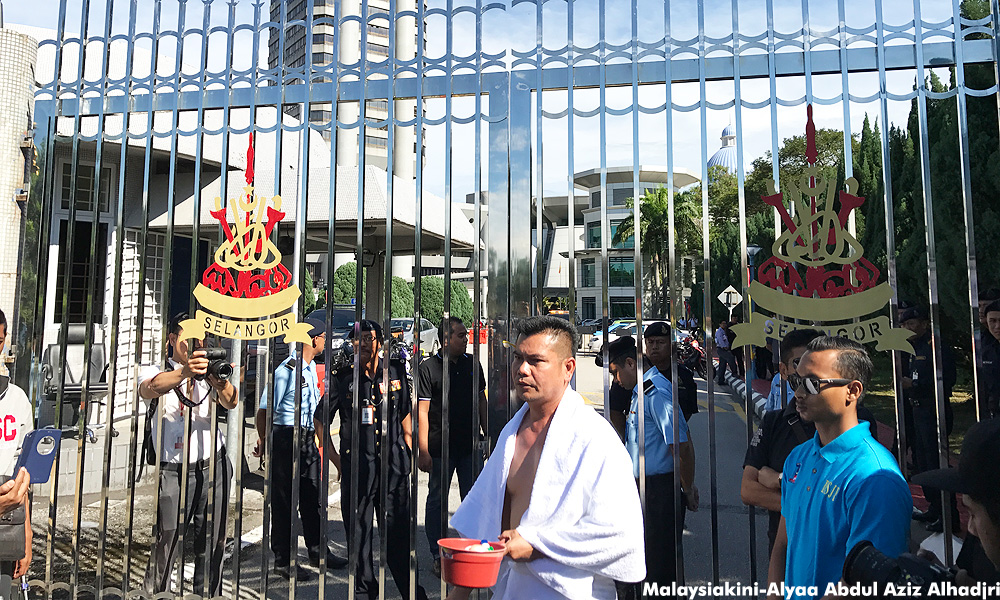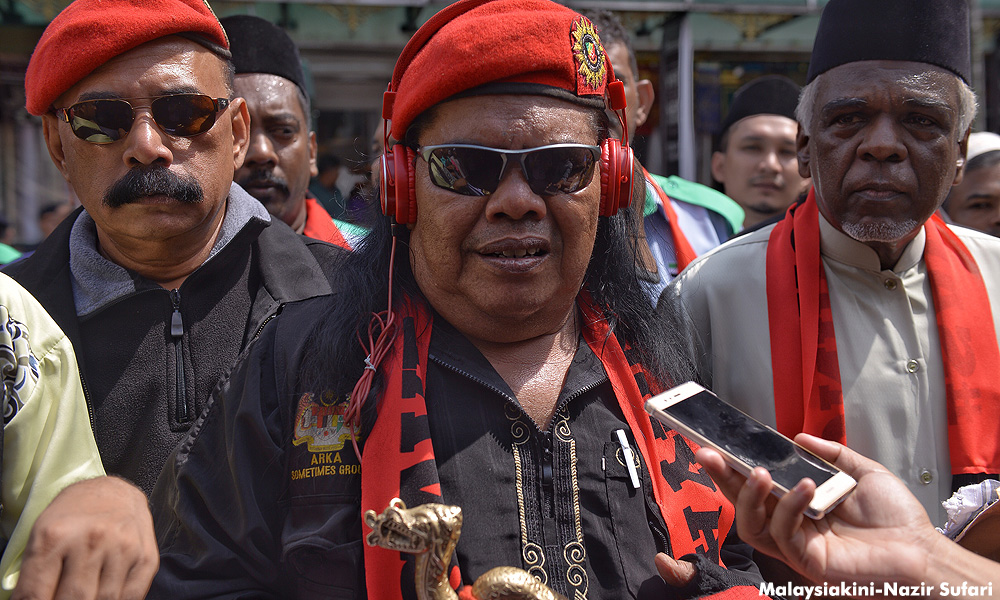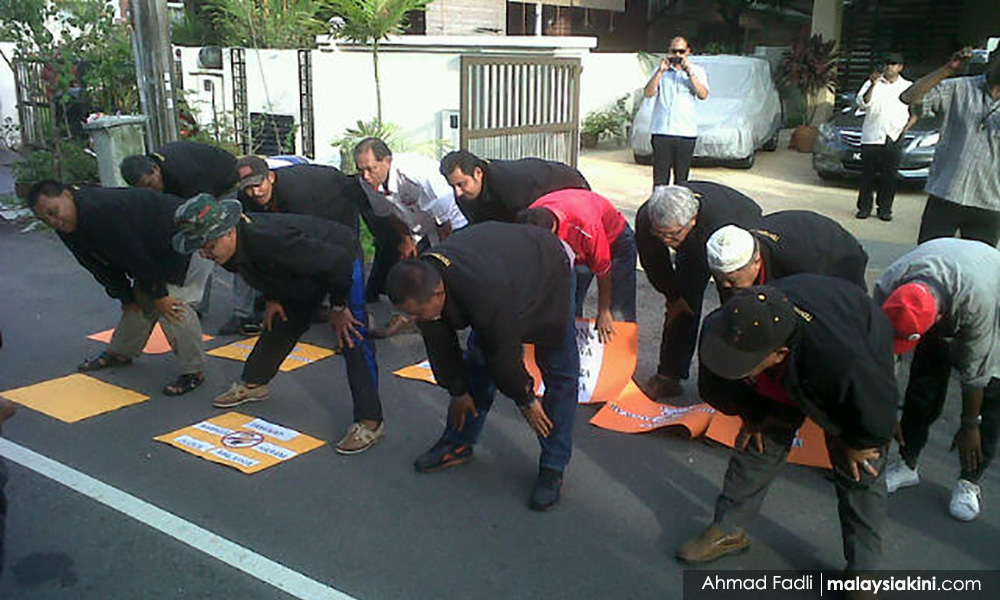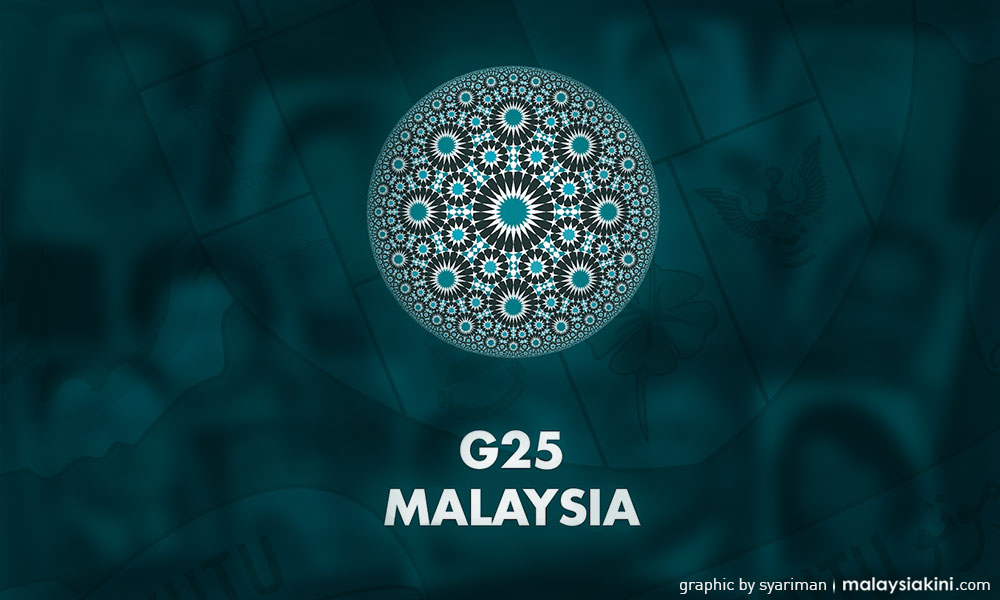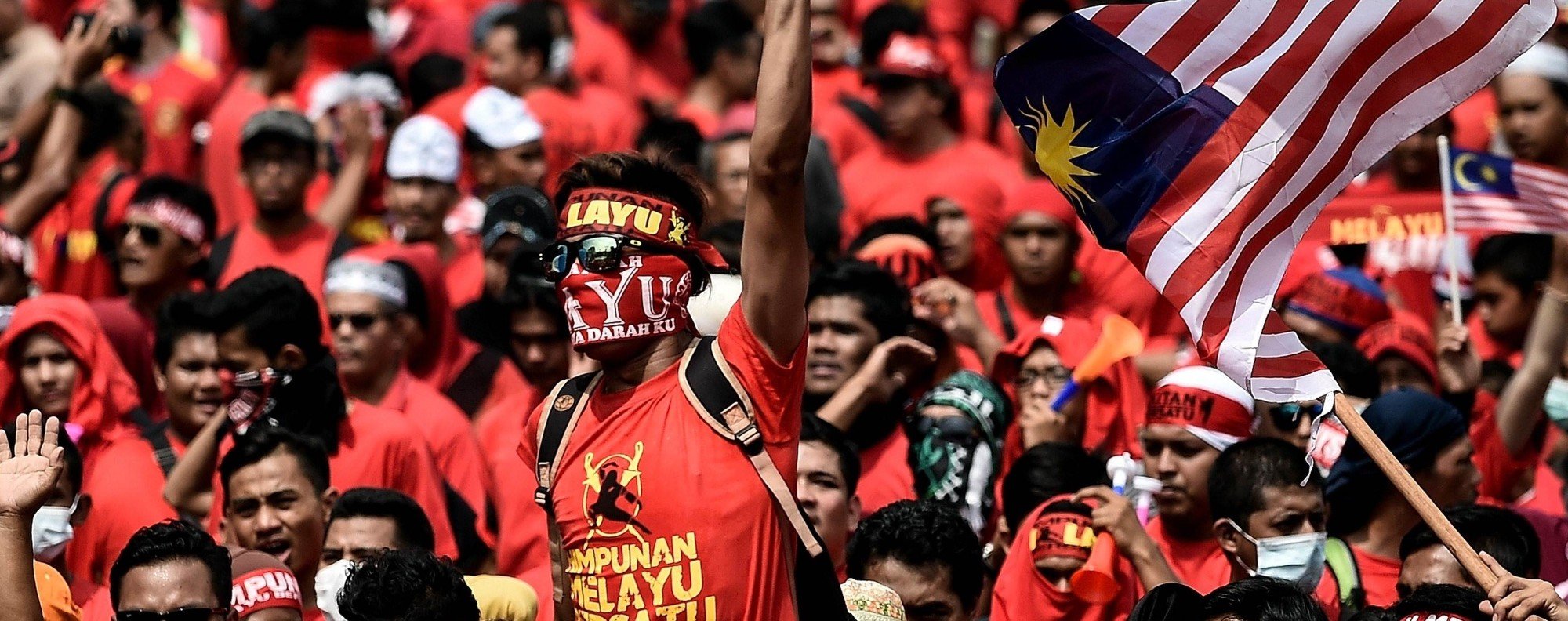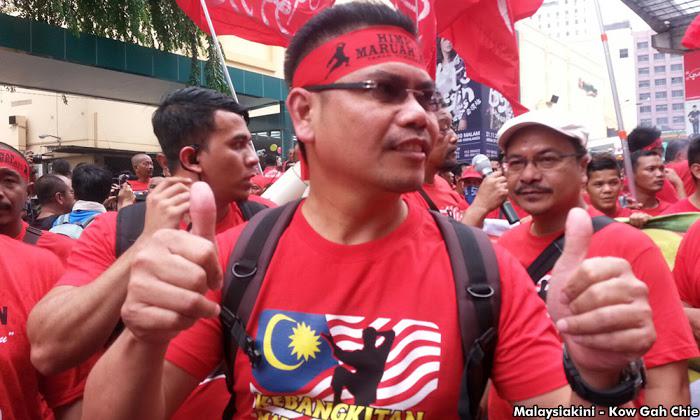June 29, 2018
A Rejoinder from Dr. Munirah Alatas to her Fellow Columbian Dr. Azly Rahman
P.S. Dr. Sharifah Munirah,
To call Jamal Ikan Bakar Yunos a James Dean is to insult and debase the memory of James Byron Dean, my teenage idol of the 1950s.

You cannot in good sense equate rebellion to gangsterism. Jamal is a law breaking pro-UMNO and Najib Razak political operative and a racist who is now a fugitive in Indonesia. His Red Shirt movement should be outlawed and Jamal himself extradited to face the law for inciting violence against Malaysians , sedition, racism and violence. Otherwise, your comments on Dr. Azly’s article are fine.–Din Merican
Dr. Sharifah Munirah writes:
I refer to Dr. Azly Rahman’s commendable and no-nonsense expose ‘On the Malays’ (dinmerican.wordpress.com, June 29, 2018). Well-written, but I expect nothing less from a fellow-Columbian (Columbia University graduate). Thinkers like Dr. Azly should continue in the struggle against racial chauvinism, corruption and bigotry that has become rampant in Malaysia.
It is in this spirit that I feel compelled to highlight a few key points brought up by Dr. Azly. To me, these are crucial to the reform of the Malays. Without a movement to address these points from all quarters of Malaysian society, ‘the new Malay’…’the multi-cultural Malay’…’loving emphatically with Malaysians of other races’….will be relegated to the cobwebs of rhetoric, just a bunch of useless words and sentences to fill up blogs, newspapers, academic journals and textbooks.
1. The red-shirt movement…Azly asks why they are harassing those who want to see a better Malaysia? A cleaner society and one that is not only for the Malays or for the Muslims but a Malaysia for all Malaysians? Yes, a simple concept of good citizenship. Adding on to this, the 48 year old Jamal Yunos does not represent the majority of Malays. Many are embarrassed and appalled at his hooliganism.
Having said that, though, there is an insidious feeling of ‘us and them’ flowing through the veins of this majority with respect to other races and religions in Malaysia. I see this as a deeper crisis that needs immediate attention. Examples from daily life in urban Malaysia betray this separateness. How often does one see Malays dropping into the homes of Indians and Chinese, eating food cooked by them, on their plates, with their forks and spoons, drinking from their glasses? Malays may drop by, and may definitely accept Indians and Chinese as their friends, but the extant of this acceptance is only skin-deep.
Malays will not go the extra mile because it is against Islam….or so they erroneously interpret. For Chinese New Year and Deepavali, of course Malays visit Chinese and Indian friends, families, households….all in the name of friendship, comraderie, good citizenship, muhibbah, acceptance. Murruku is deemed unfit for Muslim consumption among many Malays I’ve encountered….comments made by my fellow-academic colleagues!! Yet they talk about inclusivity, pluralism, open-mindedness and racial harmony. No matter how subtly a Malay refuses a lunch invitation to a Chinese friend’s home (by giving various excuses of being busy with work or other kenduris), that Chinese friend knows the fundamental reason.
Malays and Muslims cannot and will not compromise on their Islamic beliefs of keeping halal. Herein lies the problem, and a detailed analysis can be the topic of another post. It is sufficient to say though that the interpretation of Islam among Malays is completely devoid of history and theological philosophy. One can argue that Chinese and Indians have long accepted this, are not offended and can ‘live with it’ for the sake of harmony. Malays too continue to be polite in refusing. But we ALL know and feel the ‘us and them’. In a true ‘better Malaysia’ why should the minority races have to ‘live with it’ or just ‘accept’ it? We should create a Bangsa Malaysia, a new Malaysia which is truly inclusive.
Jamal Yunos is truly a James Dean (rebel without a cause). But the Malays in general must revisit their concept of ‘jihad of peace’. Which brings me to my next point.
2. On the need to defend/protect the Malays. Psychologically and philosophically, for decades this has damaged and not improved the lot of the Malays. Deep inside the Malay psyche there is a feeling of inferiority. Economically they may have progressed but there will always be the ‘us versus them’ complex. It is glaringly obvious in daily life activities, in sports interaction, coffee-shop banter, classroom interaction and at university lectures.
3. My last point…sedition charges brought against Finance Minister Lim Guan Eng (using Mandarin in an official document) following a protest launched by Dewan Bahasa dan Pustaka outside Masjid Putra (June 29, 2018). Without going into the tiresome but dishonest accusations that the minister violated the constitution (which he did not), let’s ask ourselves, honestly….why are the majority of protests coming from the Malays? Show me a sizeable protest by a group of Chinese or Indians (and other non-Malays) on this? One may argue that the press/media do not highlight news from other quarters. Granted.
But honestly ask yourselves…in your daily lives, within the last week, have you been inundated with statements AGAINST what Lim Guan Eng did from your non-Malay brethren? In a truly ‘new Malaysia’ this would be happening, because criticism would be based on facts and the intrinsic desire to unite all Malaysians.
The concept of jihad is not the monopoly of Muslims. All Malaysians have to, as Dr. Azly succinctly writes, ‘inculcate the love of reading, of wisdom, of humility, of perspective-taking, of appreciating and learning from the arts, social sciences and philosophy.
On the Malays by Dr.Azly Rahman
“The new Malay will not need to be defended. They need philosophical, scientific, and republicanist thinking. They need to be existentialists, rather than follow some theocratic nut trying to establish a kingdom of “ketuanan Melayu“. The new Malay is a multicultural Malay living emphatically with Malaysians of other races”.–Dr. Azly Rahman
http://www.malaysiakini.com
COMMENT | I think political parties wishing to understand the Malays need to know the following, through an essay I wrote a while ago, I hope relevant now.
The Buffoon of a trouble maker in UMNO Jamal Ikan Bakar Yunos
Analysing the events that happened the years preceding the 14th general election – the humiliation of peaceful protesters, the harassment, the intimidation, the threats – leading to the 60,000 strong yellow shirt Bersih rally that ended peacefully in Kuala Lumpur, I have this to say about those who are out to misrepresent the Malays:
Aren’t Malaysians tired of seeing the Malays being represented as buffoons, stupid, amok-prone, close-minded, Rempits, keris-kissing fools, Ali Baba forty-thieves, rejects, religious fanatics, red-shirts, whatever shirts?
It is a clever production and reproduction of the Malay ruling class, both feudal and wannabe-feudal so that the Jebat aspect of the Malay – the amok, the wannabe-sultan, the misogynistic, the sex-maniac royal-groper and rapist of ancient Malacca, the hedonistic, the grotesque epicure, the gangster, the absurd – is pushed forward and propagated to strengthen the Tuah aspect.

The fool that followed the foolish orders of the Malacca sultan – the bad hombre of Malay culture – these are the twin representation of the Malays. A laughing stock – the Malays are made to become.
This is what the then ruling class wanted to use as ‘Hitlerian Youth’. This image must be forever destroyed. For way too long the image of the Malay as wise, learned, philosophical, tassauwuf/Sufistic being, the communicatively competent, the old school pre-Merdeka Johor type, the prudent, the proverb-loving, the artistic, the high-cultured, of high intellect and Jawi-literate Malay, the deeply perceptive and reflective, the viewer of materialism both as “rezeki/god’s bounty” to be careful with and to not let it be a corrupter of the soul, the raja haji-type of Malay (warrior who fought against the Dutch with bravery and with philosophy has been ignored. Where are you now, these Malays?
Aren’t we sick of the red-shirts’ antics and their representation of the Malays? A representation that has also been used successfully by the non-Malays through the power of discourse of a newer Malay fascism hegemonising national perceptions?
Then there is the display of silat to ineffectively and hilariously scare people off.
Malays don’t need this representation as well. It was useful as a way for good, morally upright warriors of the 15th century to kill their sultans, such as in the famous story of the death of the power-drunk sultan, Mahmud of Kota Tinggi, Johor. He was killed by his own Laksamana Megat Seri Rama while he was being carried by his serfs on his mobile throne, the ‘julang’, hence the story Mahmud Mangkat di Julang.
That evil-fool called a sultan killed the laksamana’s wife Dang Anum simply because she ate a piece of jackfruit (sebiji buah nangka) from the Raja’s orchard – because she was craving for it. She was pregnant. The raja ordered her stomach to be cut open to retrieve the jackfruit. That was the story of the Malay sultan worshipped by his people.
Laksamana Megat Seri Rama, skilled in silat, had to put the fool to death. Good for the sultan. That’s what a good silat man or woman ought to do – get rid of tyrants while they are on their throne.
But strangeness we are seeing in the use of the Malay art of self-defence. Lost is the meaning of silat as I understood it – ‘silatur-rahim’ or to make peaceful connections with other human beings – with Chinese, Indians, Hindus, Christians, Buddhists, Martians, Jupiterians, robots and androids – or even Trump-supporters. Silatur-rahim, that is what it means. Some Malays don’t even understand the simple meaning of a Malay word.
The multicultural Malay
Read…read… read…
The Malay Intellectual Pak Kassim Ahmad
If only each family inculcates the love of reading, of wisdom, of humility, of perspective-taking, of respecting others, of appreciating and learning from the arts, sciences, world music and of becoming a good global citizen, we will not need to do this in public – beat each other up with planks while doing the breakdance.
Read…read…read… in the name of thy Lord who created thee…that foundational verse: “Iqra bismi rab bikal lazee khalaq”.
I’d say, stay home, take off your coloured shirt, wear your singlet and your sarong/kain pelikat if you are still feeling hot and angry, help mum bake cookies and read and read, read and be more intelligent in understanding what is ailing our society.
What a waste of time some of these Malays are doing harassing people on the streets, storming buildings, running after cars, yelling incomprehensibles – all in the name of truth?
What truth then?
How much money was being given to the cause of the rebellion without a real cause? This is the puzzling aspect of the red-shirt movement – why are they harassing those who want to see a better Malaysia? A cleaner society and one that is not only for the Malays or for the Muslims but a Malaysia for all Malaysians. Is that not a simple concept of good citizenship to comprehend and to fight for?

The way those troubles were created seem troubling and ‘out of place’ in a Malaysia – a globalised Malaysia of the 21st century. It seemed like a very awkward, rude, uncouth, uncultured way of exercising free speech. It seemed like a well-paid job done without rhyme or reason or sincerity.
But the worst part was that it was claimed to be one of “defending the rights of the Malays” when the Malays, in general, did not wish to be defended as such. It is a shameful way.
What ought to be done is to stop these grotesque ways of behaving and start the work of helping the Mat and Minah Rempits, the single mothers, the youth who are about to go into the dungeons of drug addiction, and the Malays who think that Tanah Melayu is theirs alone and others are “intruders in history” and ought to be sent back to where they came from.
These are the Malays that need to be helped and their dignity restored. That would be a nobler job for the red-shirt gang or any gang wearing whatever shirt yelling for Malay rights. That is the “jihad” of peace the Malays, in general, would agree to be associated with.
Not the run-amok, latah, and drunken Jebat and foolish Tuah Malays we no longer wish to see. Let us help destroy this image of the Malays. We are not fools. We have never been.
The new Malay will not need to be defended. They need philosophical, scientific, and republicanist thinking. They need to be existentialists, rather than follow some theocratic nut trying to establish a kingdom of “ketuanan Melayu“. The new Malay is a multicultural Malay living emphatically with Malaysians of other races.
That’s what a Malay ought to become. Until it was destroyed by a dominant Malay party.
Dr. AZLY RAHMAN is an educator, academic, international columnist, and author of seven books. He grew up in Johor Baru, and holds a Columbia University doctorate in international education development and Master’s degrees in five areas: education, international affairs, peace studies communication, and creative writing.
The views expressed here are those of the author/contributor and do not necessarily represent the views of Malaysiakini.
 Nazri Aziz’s appalling comments in Semenyih are yet another stark reminder that we are a nation deeply divided by race and religion. And we grow further and further apart with each passing day thanks to the efforts of people like Nazri who are constantly stirring the pot of bigotry’s bitter brew.
Nazri Aziz’s appalling comments in Semenyih are yet another stark reminder that we are a nation deeply divided by race and religion. And we grow further and further apart with each passing day thanks to the efforts of people like Nazri who are constantly stirring the pot of bigotry’s bitter brew.


